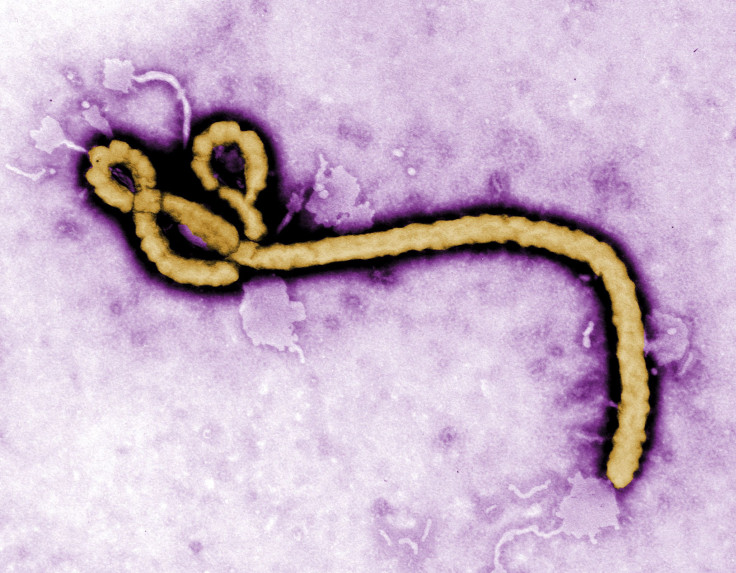Ebola Virus Does Not Pose Threat To Air Travel, Trade Group Says

The Ebola epidemic in the West African countries of Sierra Leone, Guinea and Liberia has many wondering if the deadly disease is just a plane ride away from landing anywhere in the world. And the news of Dubai-based Emirates, the world’s largest airline by international air traffic, suspending its flights from Dubai to Guinea has only stoked those fears.
But the International Air Transport Association, a trade group for the world’s airlines, was quick to assuage the fears of international travelers. The risk of catching the virus from a fellow passenger on a plane is incredibly low, IATA said in a statement, because Ebola is not an airborne disease; it only spreads from the direct contact of bodily fluids, say experts.
The group issued a statement Thursday pointing to the fact that the World Health Organization has not issued any travel restrictions to the region or closure of borders, and that the IATA will follow WHO’s lead.
According to WHO, “There is a possibility that a person who had been exposed to Ebola virus and developed symptoms may board a commercial flight, or other mode of transport, without informing the transport company of his status. It is highly likely that such patients would seek immediate medical attention upon arrival, especially if well informed, and then should be isolated to prevent further transmission. Although the risk to fellow travellers in such a situation is very low, contact tracing is recommended in such circumstances.”
The U.S. Centers for Disease Control and Prevention, however, did issue a travel warning Thursday, urging Americans not to visit the region, and cautioned that anyone who may have been exposed to the Ebola virus should not embark on a commercial flight until they have undergone 21 days of monitoring.
The agency also offered guidelines for airline personnel on how to respond to passengers who show signs of being infected with the disease. Precautions include separating sick travelers from other passengers, covering faces with a surgical mask, having air personnel wear disposable gloves, and reporting potential sick travelers to the CDC.
But so far, Emirates is the only major international carrier to halt its operations to some destinations in West Africa. Instead of stopping in Conakry, Guinea, Emirates flights will travel directly to the Senegalese capital of Dakar. (Until Sunday, only regional carriers Arik Air of Nigeria and West African Asky Airlines had canceled their flights to Sierra Leone and Liberia.)
Air France, British Airways and Lufthansa-owned Brussels Airlines, which have the greatest number of flights to the region, are continuing their operations, reports Bloomberg BusinessWeek. They are, however, screening passengers for the disease before they depart. Air France has initiated extra precautions for flights departing from Conakry and Freetown, Sierra Leone.
“Passengers must fill in a questionnaire when entering the airport lounge,” Air France said in a statement. “They then have their temperature taken within the airport itself. They are only given their boarding card if no medical symptoms are present.”
And while the WHO is not recommending screening airline passengers traveling from Guinea, Liberia or Sierra Leone because it’s costly and was not effective during the 2003 SARS outbreak in China, many airports in the region are voluntarily enacting screening measures.
At Roberts International Airport in Liberia, passengers are being screened for Ebola symptoms. “We have a presence of the police at the airport to enforce what we’re doing,” said Binyah Kesselly, chairman of the Liberia Airport Authority board. “So if you have a flight and you are not complying with the rules, we will not allow you to board.”
© Copyright IBTimes 2024. All rights reserved.





















